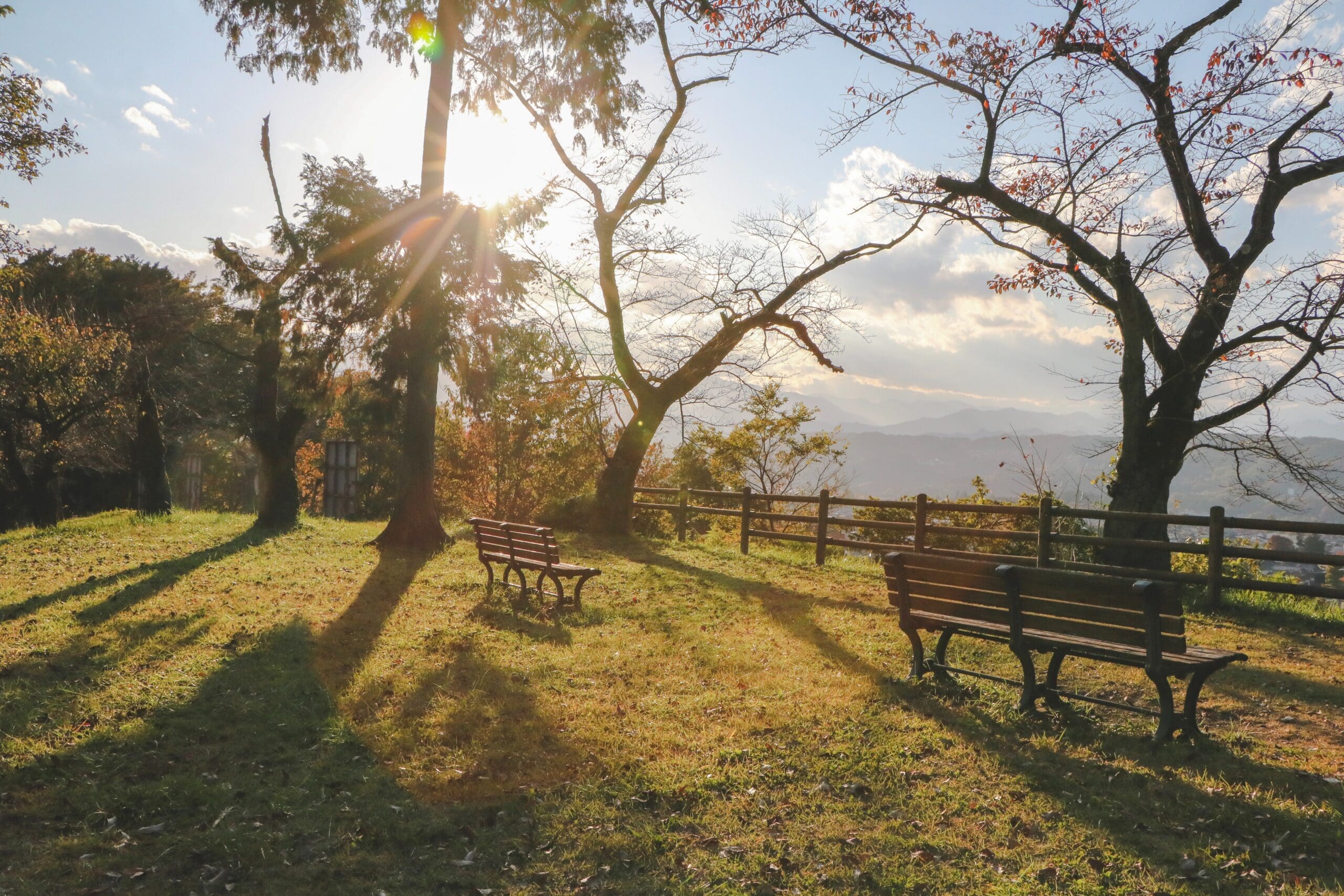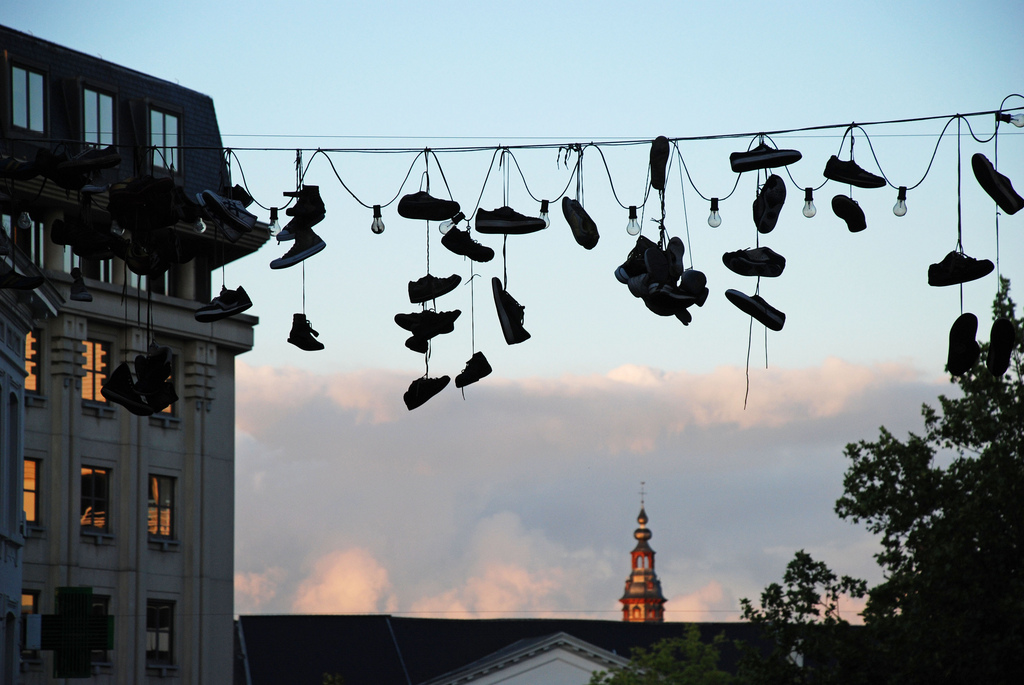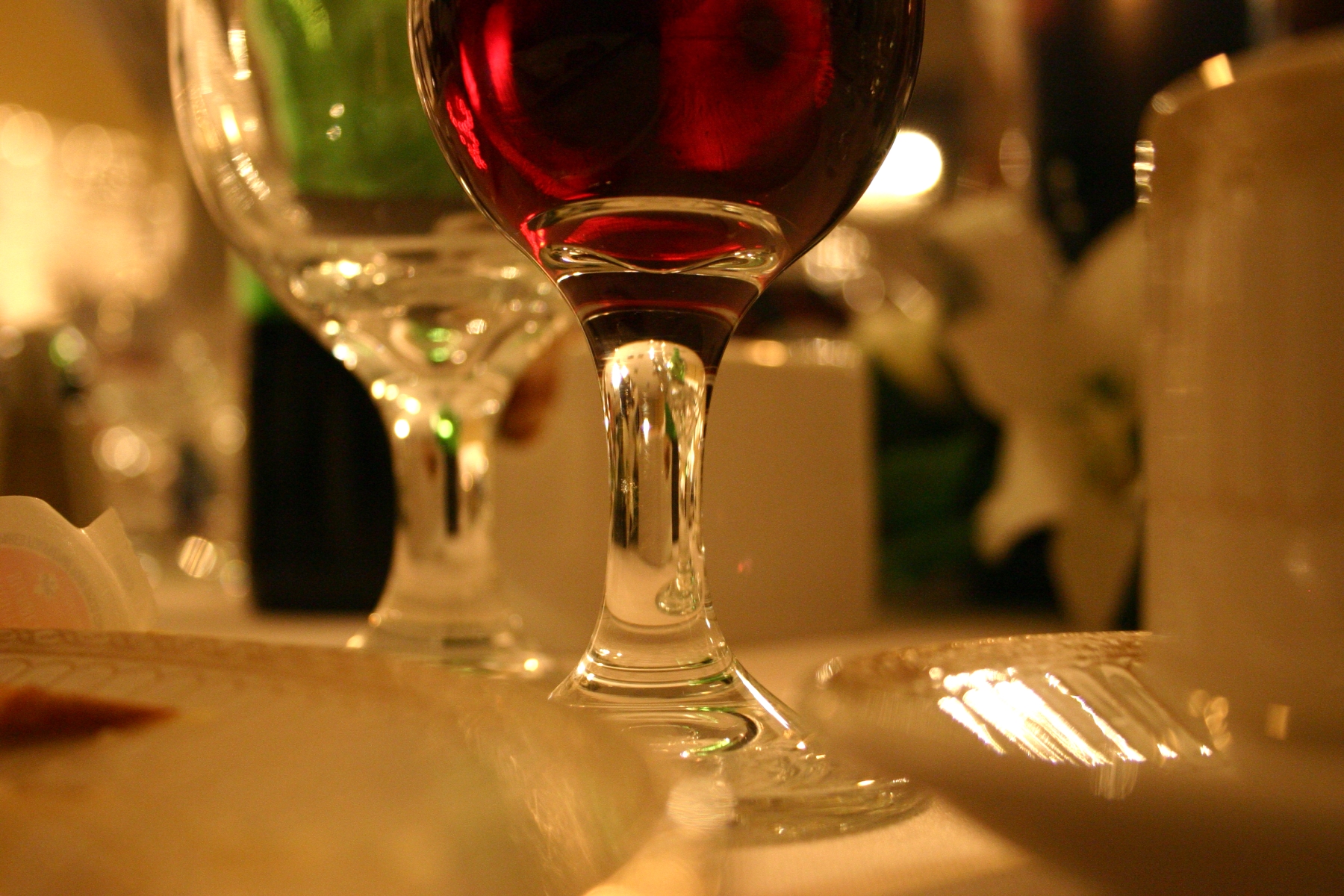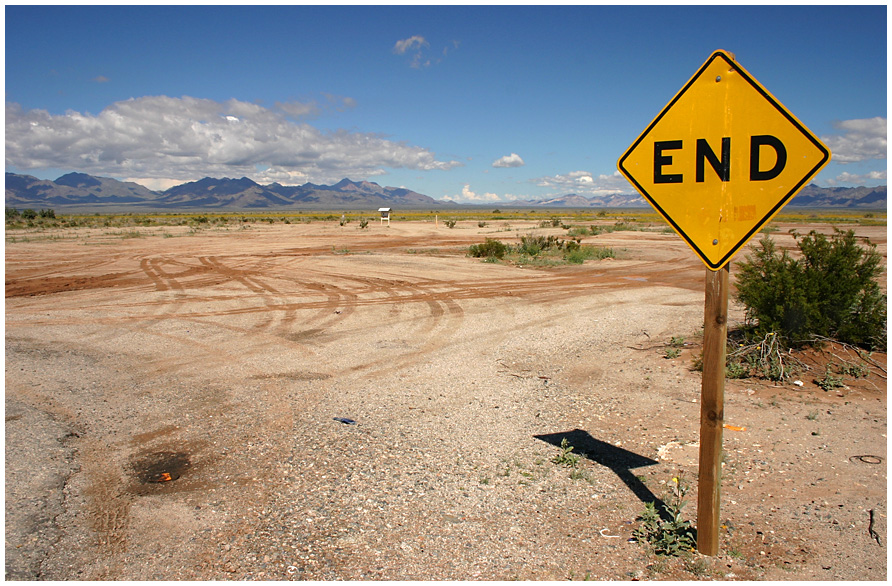You are perched on your accustomed bench at the appointed hour, your cigar and the possibilities of another day in hand. The late-morning sun is over your right shoulder, bearing a promise of summer heat to follow.
The bowl of a rough meadow lies before and below you, encompassed by copses of locust and cottonwood. Your bench sits at the edge of a raised berm. From this observation post, you can command your battalions of foraging insects and flitting butterflies.
A paved pathway runs behind your bench, following the crest of the berm. An unread book lies beside your thigh, a ready shield with which to ward off intrusion.
Smoke from your cigar drifts above the bowl of the green meadow. The miniature clouds mix with cottonwood fluff, swirl in the breeze, dissipate. All that you require is encompassed here: a quiet morning, a bench, a sunlit meadow, a passable cigar, and possibilities contemplated from a safe distance.
The air is filled with familiar sounds. A woodpecker knocks. Childish shrieks rise from a playground hidden beyond the trees. Dogs bark out canine greetings. And behind all this, growing louder, comes an unfamiliar tapping. It is the sound of metal on asphalt in two-four time, the emphasis on the second beat. Baa, baa, black sheep, have you any wool? The tapping draws closer and you hope that it passes on.
You risk a furtive glance over your shoulder and see the blind man. For of course it is a blind man, his cane proceeding him down the pathway: Tap-TAP, tap-TAP. You look away, quick and furtive, so as not to break the taboo against staring at the sightless.
The tapping does not pass by. There is an empty moment filled by the silent presence behind you. You can feel it, know the blind man is standing there. Then the tip of his cane finds the steel upright of your bench. Two metallic taps, like the dull clinking of a spoon against a heavy water glass, a gathering called to order.
Then the blind stranger is speaking to you.
“Is there room for a second?”
You look beside you as if hoping for an imaginary playmate suddenly appeared, some plausible reason for denial, but there is nothing but your now useless book.
“Yes, there’s room for two. Please, sit.”
You take the book in your lap and slide to the far end of the bench. The cane reaches out, a long white finger tracing the contours of the bench. The stranger moves after the cane, finds the edge of the bench with his calves, seats himself. He does not turn his sightless eyes upon you.
“Ah, that’s better. Thank you.”
Now you look because you must. The blind man sits with a straight spine, the cane planted upright between his knees like a lance and gripped with both hands.
He is older than you, but not by many years. Sixty-five perhaps; a cragged, clean-shaven face overtopped by a shock of silver hair. His eyes are hidden behind a pair of sunglasses of the type made famous in the sixties. Something about his manner reminds you of a hedgehog or porcupine. He bristles.
“A fine morning for a cigar on a park bench.”
It is a statement, not a question, and you have no reply. He speaks again, as if sensing your reticence.
“A time-honored tradition. I believe I’ll indulge as well.”
He rests the cane against his thigh and reaches inside the breast of his tweed coat. The hand reappears with a magician’s flourish, a fine corona held between his fingers. With the cigar placed between his teeth, the hand disappears again, retrieving a cutter and lighter. The stranger sets about the business of clipping and lighting his cigar. Watching his practiced motions, you are convinced that he is a fraud, a sighted man pretending to be blind.
One hand on his cane, the other holding the cigar, the blind man smokes. You watch him and you find words so as not to seem rude.
“I haven’t seen you in the park before.”
Another statement, but the best you can do.
“Ah, you must be a regular then. You are correct, this would be my first time in your fair city. I’m visiting my sister. She lives in those apartments over there.”
He waved the cigar towards some high-rise buildings that adjoined the park.
“I was out for a stroll and perhaps a smoke. The breeze carried the news of a fellow enthusiast and that led me here to you.”
He gestures towards the meadow below.
“Tell me what we are looking at. If you don’t mind.”
You look out across the familiar and unremarkable parkland; grass, trees, sky.
“Well, there’s a small field of grass with a dirt path worn across the middle of it. Nothing special, really. And a ring of trees around the whole thing. It rained last week, so the grass has gone back to green.”
The man gives a sort of snort and turns his hidden eyes on you.
“Green grass; is that really all you see? Green is a fine word, good for describing things to children. But what kind of green?”
Yes, the man is a porcupine, and now he is bristling at you. The annoyance rises in you and throws words out before you can stop them.
“Do you even know what green looks like?”
The blind man laughs out loud, nodding to himself. He smokes his cigar and lets go a long cloud of smoke. When he speaks, his words are without anger.
“I know what green looks like. I wasn’t always blind. Would you like to hear the story?”
You nod, then realize the uselessness of it. There is an uncomfortable pause and then you speak your assent aloud.
“I was a teenager when it happened. I had gone to a hockey game. The funny thing is that I didn’t much care for hockey. Baseball was my game. But a pretty girl invited me, so there was that. Her family had season tickets. The brother was somewhere else, so they had an extra ticket. I remember the brother didn’t care for me. He thought I had designs on his little sister. He was right, of course. I was a bit of a rogue, even back then.
“They were good seats, not far above the ice, but I only had eyes for the girl. She made a joke. Her head was thrown back and she was laughing. I was staring at her mouth, her white teeth, the curve of her tongue. Then the world went black.
“One of the players lofted a slap-shot and it flew just over the top edge of the glass barriers. It happens sometimes. That frozen puck was traveling a hundred miles an hour when it slammed into my head. An inch back and it would have been my temple; which would probably have killed me. Instead, it fractured my orbital bones, the bones around my eye socket. I woke up in the hospital with what the doctors called traumatic optic neuropathy. The lights never came back on.”
You are stunned by the sheer randomness of the man’s story. A pretty girl, a moment of laughter—then nothing. You avoid the obvious questions and ask another.
“What happened to the girl?”
“A blind boyfriend holds few attractions for a teenaged girl. When I failed to come back to the land of the sighted, the novelty wore thin. I never saw her again.”
You try to stifle a sputter of laughter and fail.
“Sorry, blind man’s humor, and a cheap shot. What is funny, though, is the image of that girl’s face. It has stayed with me my entire life. All of the women I have been with end up wearing her face. It became a false point of reference, if that makes any sense.”
“When you say they wore her face, what do you mean?”
The blind man pauses to smoke, as if weighing out his answer.
“I can tell what a person looks like by running my fingers over their face. Don’t worry, I won’t embarrass you by asking. But women seem to enjoy it very much. Different faces feel different under my fingers. Long or round, plump or lean, high cheekbones or no; you get the idea.
“Having the information from my fingertips, my brain then paints a picture of the woman’s face. Trust me, it is an image as individual as anything you would see with your eyes. And yet, sooner or later, it is replaced with the visage of that laughing girl decades gone.
“In some strange way, the last thing I ever saw, that face, her face, became primordial for me. It is like one of Plato’s abstract universals, the thing from which all other things derive their essence. I long ago gave up any notion of trying to erase it.”
A slideshow of faces flashes through your brain; wives, lovers, friends. You try to imagine all of their features blending into one universal countenance, Adam and Eve conjoined, but the faces of your past remain stubbornly unique.
“That’s hard for me to imagine, being stuck with one face like that.”
The man chuckles, nodding his head.
“Stuck or blessed; it depends on the day. At least she was pretty. Red hair, green eyes, freckles; a regular Irish princess. There were others, of course. It’s not as if hers was the only face I ever saw. But in the end, it always comes back to her.”
He sighs and stretches, looks about as if he can see his surroundings.
“This is a fine bench. I can see why you like it.”
“My favorite place to smoke. I guess I’ve become sort of a fixture here, the cliché of an old guy on a park bench smoking cigars.”
“There are much worse things to be.”
You look out over the meadow, let your eyes follow the sweep of the trees. Then the words come to you unbidden and you are speaking them aloud.
“The field isn’t just grass. There are sedges and weeds and wildflowers; dandelions and buttercups and some kind of scrubby weed with blossoms like bluebells. The blue blossoms are pale in the center and almost purple at the edges. The butterflies seem to like the bluebell flowers. There are swarms of them fluttering around, mostly meadow whites, but also some that are bright yellow, like slices of lemon peel.
“The tallest trees are the cottonwoods. Their branches are gnarled and broken, like an old man’s hands. And there are locust trees, with rough bark like alligator skin. On the far side to your right are smaller trees like olives. Maybe they are olives, but I don’t know for sure. They have dusky silver leaves that change color when the breeze strikes them, like something you might see in Greece or Italy.”
You pause, embarrassed by the flood of your words. You look to the blind man, but he is gazing out across the small vista, following the trail of your talk.
“I hear crows and a woodpecker.”
“Yes, there are dead cottonwoods behind the olive trees. Most of the branches have fallen off and the bark has peeled from the trunks. The dead wood is a dry grey, like old finger bones. The woodpeckers love them. The crows are black and sinister. They always look like they’re plotting something, some kind of mischief. Two of them are in the meadow, pestering something on the ground. Another one is swopping down on them, probably to steal whatever they’re fighting over.”
Your words run out into silence as you watch the crows. Your lighter clicks as you relight your dead cigar. You puff at it and a cloud of smoke swirls about the bench. The blind man smokes as well, then gestures out over the scene.
“I can see it all.”
You follow the sweep of his hand, drinking in all before you through other eyes.
Marco Etheridge lives and writes in Vienna, Austria. His short fiction has been featured in many reviews and journals in Canada, The UK, and the USA. Notable recent credits include: Ligeia Magazine, The First Line, After Happy Hour Review, The Metaworker, Scarlet Leaf Review, Havik Fiction, Dream Noir, The Opiate Magazine, Cobalt Press, Literally Stories, and Blue Moon Review, amongst many others. His non-fiction work has been featured at Jonah Magazine and Route 7. Marco’s third novel, “Breaking the Bundles,” is available at fine online booksellers.
His author website is: https://www.marcoetheridgefiction.com/
His Facebook Author page is: https://www.facebook.com/SerialZtheNovel/
Photo by Yukitaka Iha on Unsplash





It just always amazes me how you find all the right words to describe a situation. This is so beautifully written and I thank you. Tina